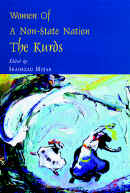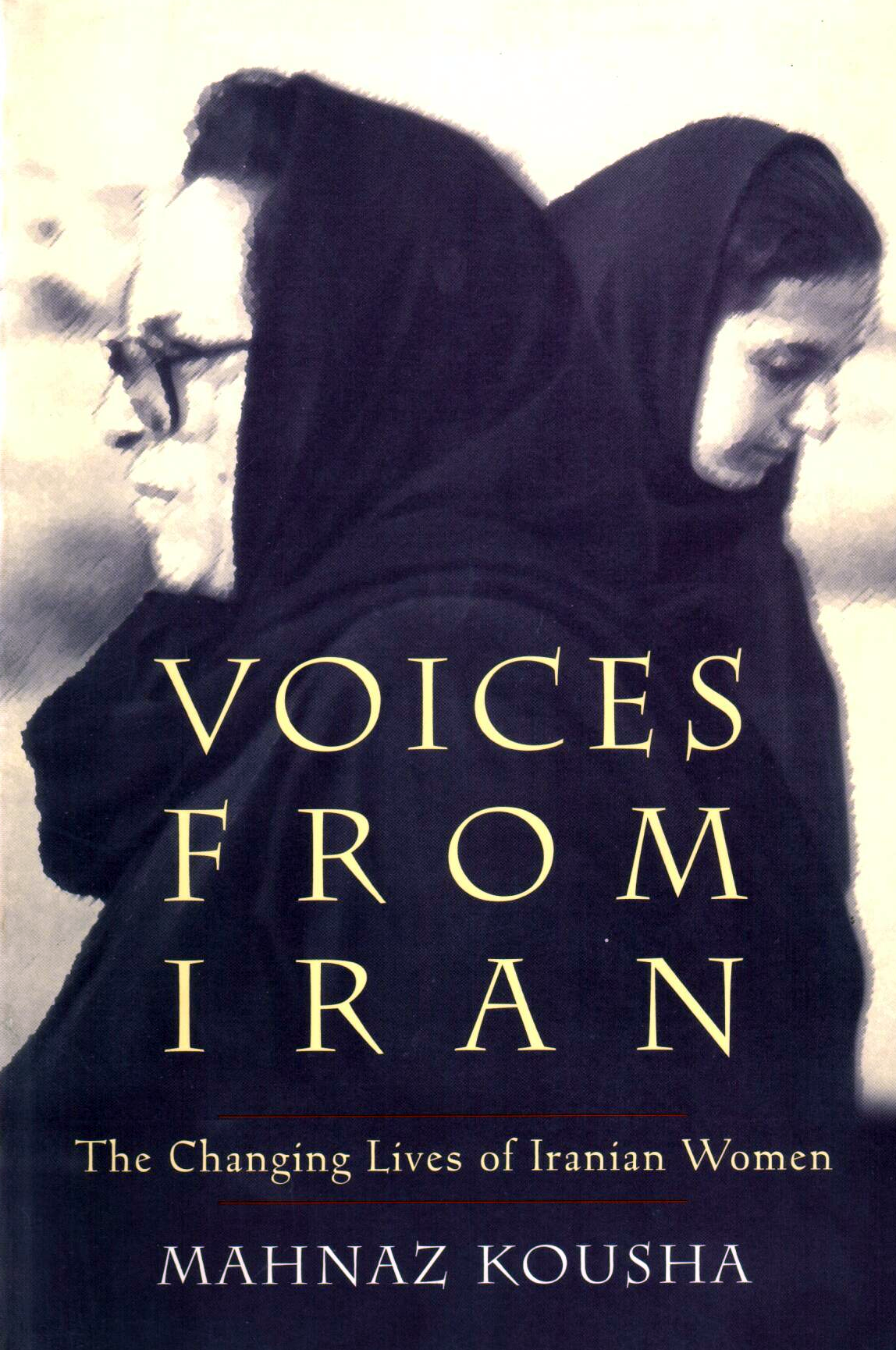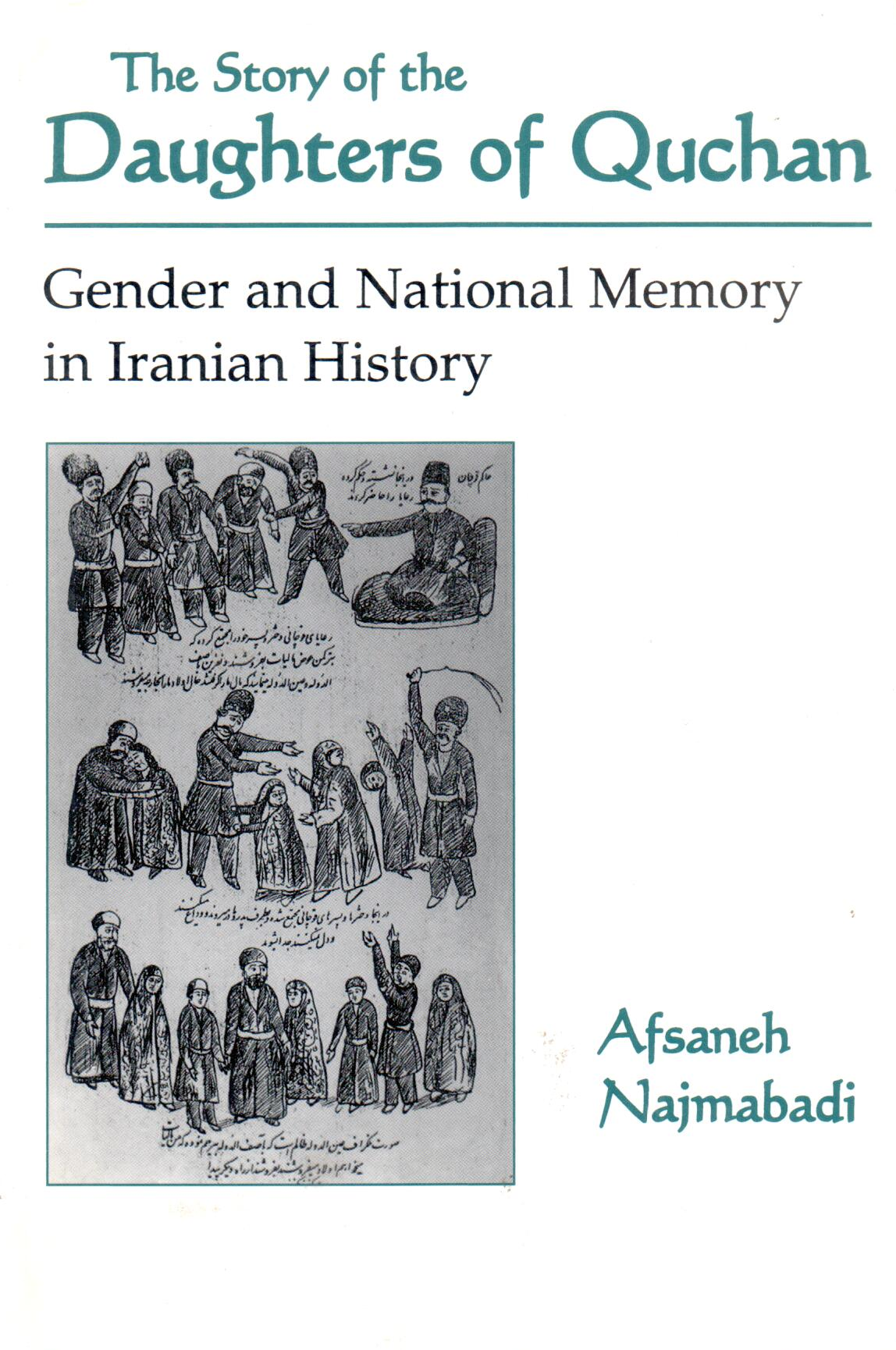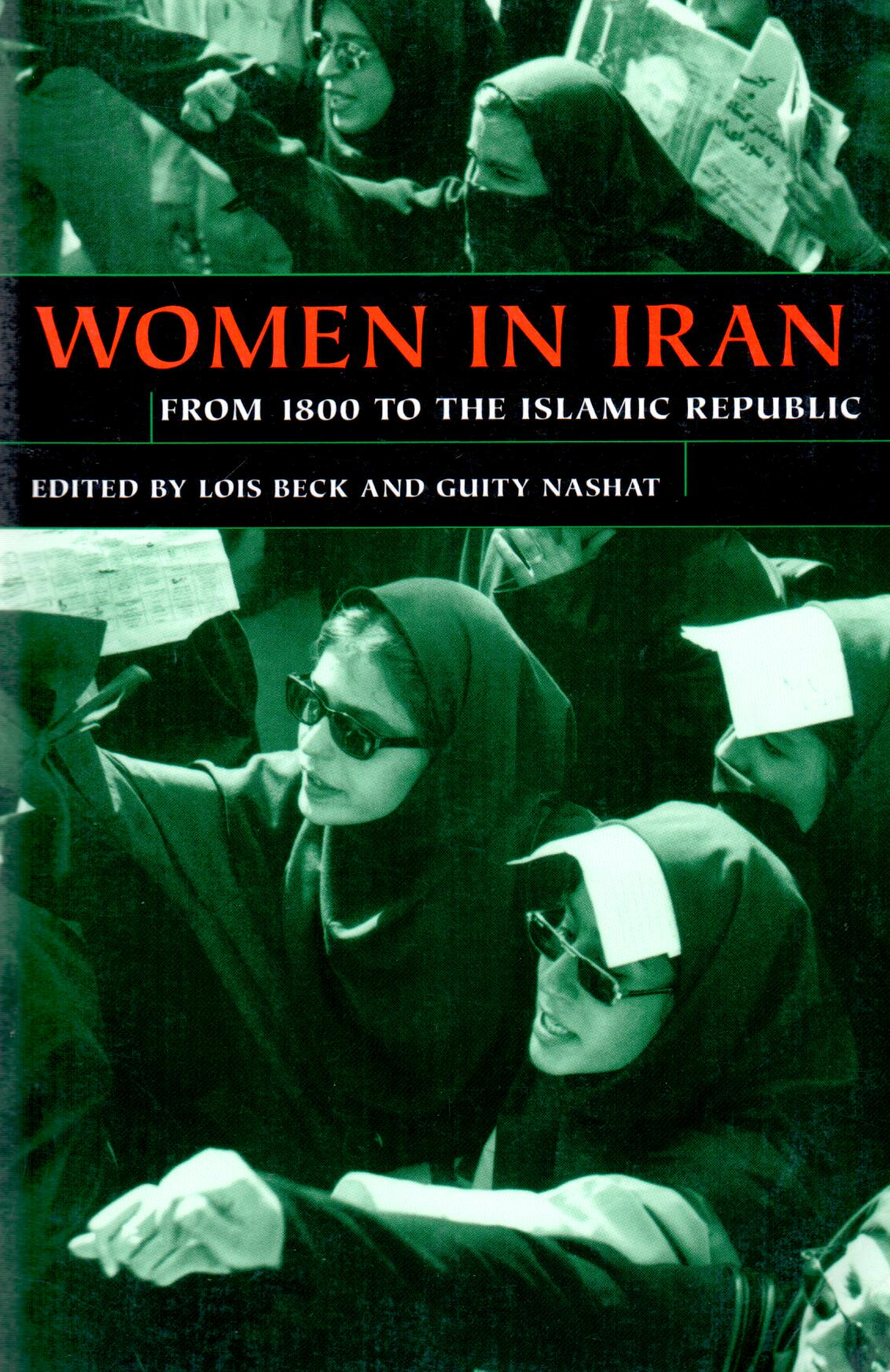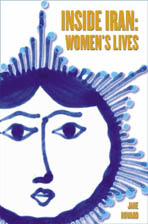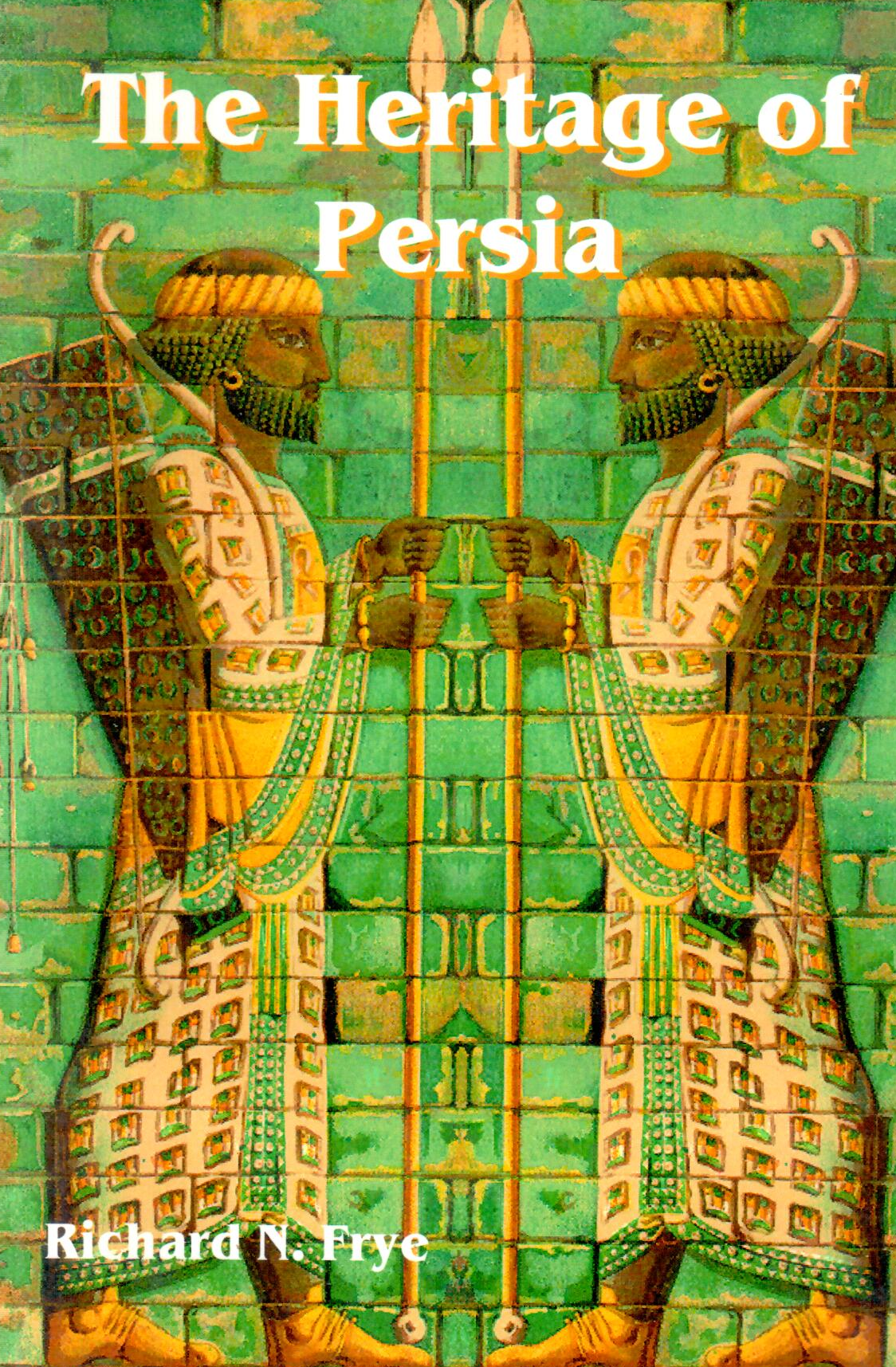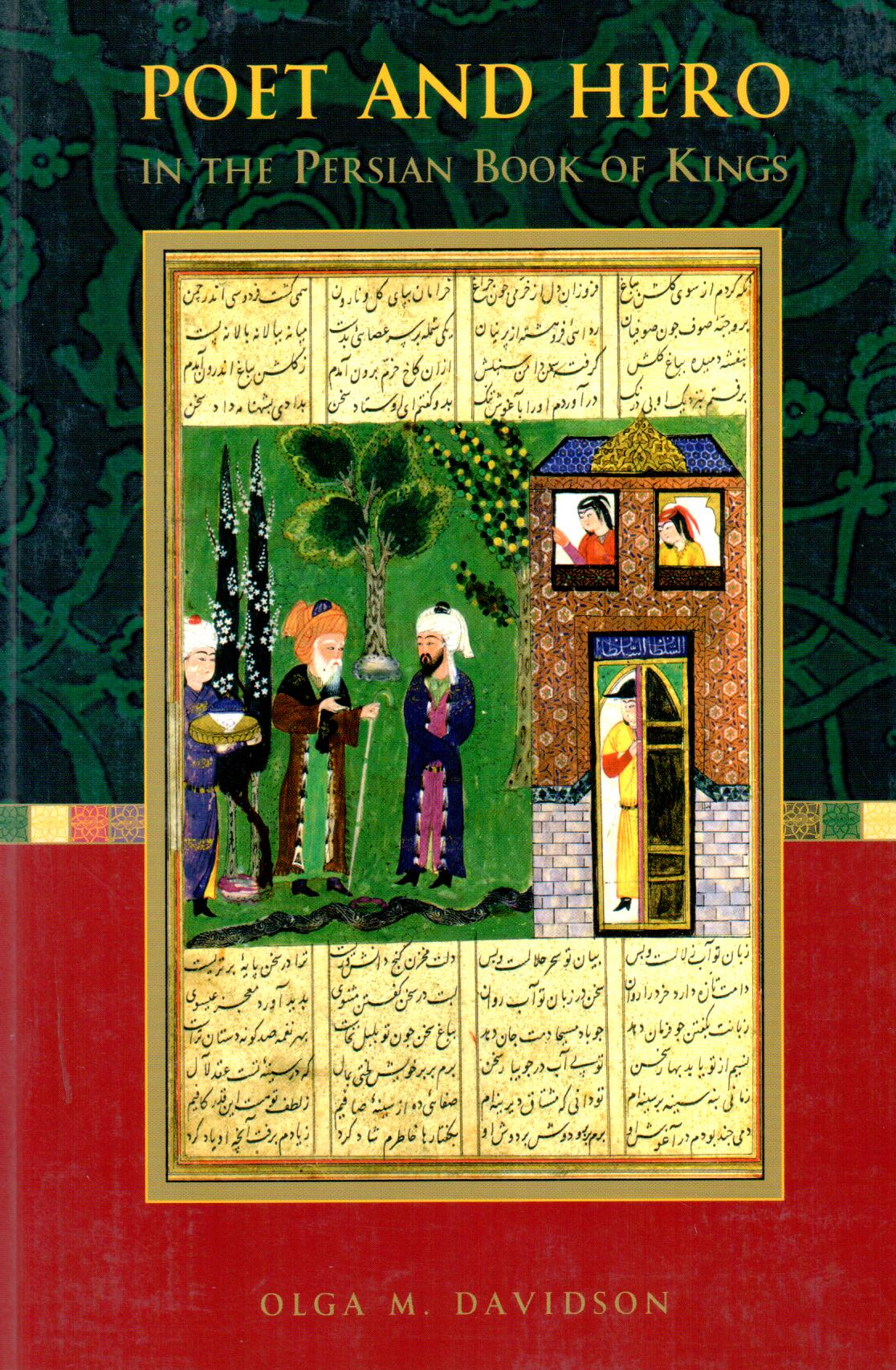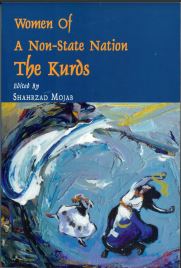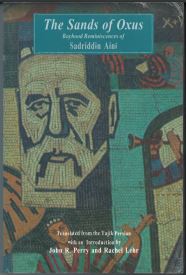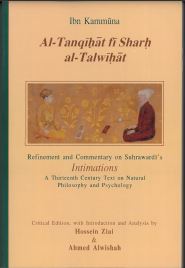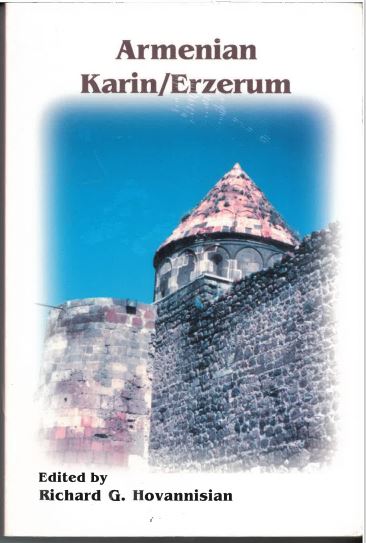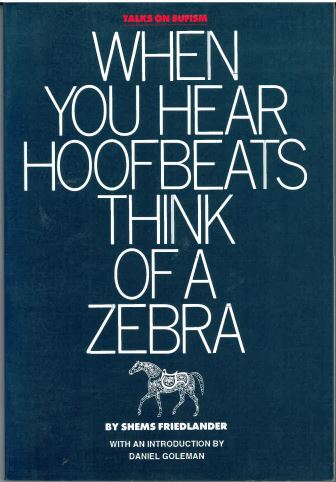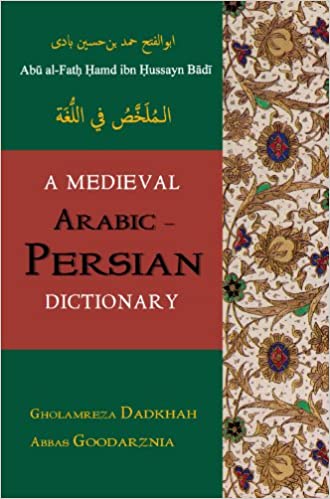Women of a Non-State Nation: The Kurds: English 2001
Women of a Non-State Nation: The Kurds
27.45 $
Share
Wishlist
ISBN:
1568590938
Publisher:
Mazda Publishers
Age Group:
Adult
Pages:
263
Weight:
440 g
Dimensions:
14 x 21 x 1.84 cm
Book Cover:
Paperback
This book is the first scholarly work on feminism and nationalism in the context of one of the most persistent nationalist movements of the twentieth century-Kurdish nationalism. While a considerable volume of the literature on the Kurds deals with their nationalism, the place of women in this nationalist movement has rarely been studied. The relationship between nationalism and feminism is quite complex and conflictual. While some progress has recently been made in theorizing the relationships, there is a dearth of empirical studies of the topic. The contributors to this book examine aspects of Kurdish women's lives in light of current theoretical debates. For the first time, the contributors apply gender critique to the understanding of the nationalism of the world's largest non-state nation, the Kurds.
The book introduces a gender dimension into the growing literature on Kurdish nationalism. The diversity of Kurdish women's lives and experiences, from their membership in the parliament to military activism to mothering is documented. At the same time, it provides extensive evidence and analysis, which questions the widely accepted claim that Kurdish women enjoy more freedom
more
This book is the first scholarly work on feminism and nationalism in the context of one of the most persistent nationalist movements of the twentieth century-Kurdish nationalism. While a considerable volume of the literature on the Kurds deals with their nationalism, the place of women in this nationalist movement has rarely been studied. The relationship between nationalism and feminism is quite complex and conflictual. While some progress has recently been made in theorizing the relationships, there is a dearth of empirical studies of the topic. The contributors to this book examine aspects of Kurdish women's lives in light of current theoretical debates. For the first time, the contributors apply gender critique to the understanding of the nationalism of the world's largest non-state nation, the Kurds.
The book introduces a gender dimension into the growing literature on Kurdish nationalism. The diversity of Kurdish women's lives and experiences, from their membership in the parliament to military activism to mothering is documented. At the same time, it provides extensive evidence and analysis, which questions the widely accepted claim that Kurdish women enjoy more freedom
more

